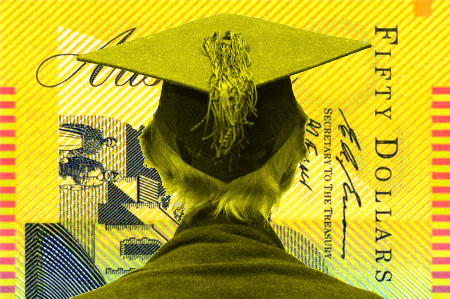Fee change to push regrowth
 The Federal Government is preparing a tertiary fees overhaul that will see cheaper degrees in priority areas.
The Federal Government is preparing a tertiary fees overhaul that will see cheaper degrees in priority areas.
Education Minister Dan Tehan is addressing the National Press Club on Friday to announce a series of changes including funding for an extra 39,000 university places for Australian students by 2023.
He is also expected to unveil the government’s new carrot-and-stick approach to push more students to get degrees in industries it wants to boost to support job growth.
Reports say the government will increase its contribution to degrees in nursing, psychology, English, languages, teaching, agriculture, maths, science, health, environmental science and architecture. This will enable students to study in those fields for a cost of between $3,700 and $7,700 per year.
Demand for 2021 is already soaring, with thousands of year 12 students who normally would have deferred university signing up for classes due to travel restrictions and the poor jobs market.
Financial recession is also pushing many unemployed people to universities.
But there is another side to the new deal, with the government set to reduce its contribution to subjects in law and commerce by 28 per cent. Fees are expected to double for students enrolling to study humanities courses as well, putting them alongside law and commerce in the highest price band of $14,500 a year.
The National Union of Students (NUS) says the changes will give some students new opportunities, but they come at the expense of hundreds of thousands of others whose degrees are not deemed “worthy”.
“Universities are not job factories and tailoring fees around that premise will hurt our sector in a time where we are already facing billions of dollars lost and hundreds of staff cuts,” the union said in a statement.
“We need funding, not attacks on students.
“Being a student should not be a debt sentence, but the Government has decided to force tomorrow's workers into a lifetime of further debt.”
National Tertiary Education Union (NTEU) president Alison Barnes says gouging students will not fix a funding crisis.
“The future of Australian research and learning demands a substantial funding package, not a cynical attempt to gouge certain cohorts of students for more money,” Dr Barnes said.
“Dan Tehan has effectively told students studying humanities, law and commerce that they should fund the cost of the pandemic. This is unconscionable.”








 Print
Print